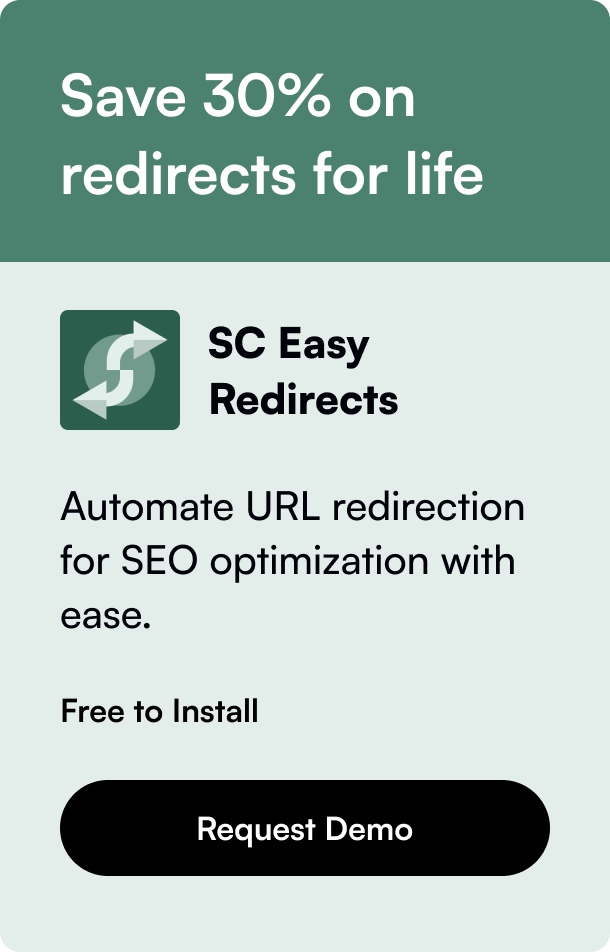Table of Contents
Introduction
Have you ever considered the breadth of potential hidden within the tools you use daily? Shopify, widely regarded for its robust capabilities in e-commerce, harbors functionalities extending far beyond traditional product sales. Among these lesser-known capabilities is the platform’s proficiency in event ticketing—a game-changer for event organizers seeking a streamlined, cost-effective solution. This blog post dives into how you can leverage Shopify not just as a storefront but as a dynamic ticketing system. Discover the hidden potential of selling tickets on Shopify, explore best practices, and equip yourself with the knowledge to elevate your event management game.
In an era where digital tools can significantly enhance or encumber the success of live events, choosing the right platform is paramount. With Shopify's rise in popularity among entrepreneurs for its ease of use and comprehensive feature set, it’s natural to ponder: Can you sell tickets on Shopify, and if so, how does this stack against traditional event ticket platforms?
This exploration aims to demystify the process, offering both the seasoned event organizer and the curious entrepreneur insights into Shopify’s event ticketing functionalities. By journey's end, you shall glean whether Shopify stands as a viable cornerstone for your event ticketing needs. Join us as we embark on a detailed inquiry, punctuated by real-world application examples and strategic insights.
Harnessing Shopify for Ticket Sales: Exploring the Possibilities
Shopify's infrastructure, primarily engineered for selling products, presents an intriguing landscape for event ticketing. With creativity and the right tools, you can transform a simple product page into a dynamic ticket sales portal. Here’s how:
Direct Ticket Sales as Products
The simplest approach involves treating tickets as tangible products. By creating a 'product' for each event, you can customize details such as event dates, times, and ticket tiers with ease. This method, straightforward yet effective, allows organizers to launch ticket sales rapidly, leveraging Shopify's innate e-commerce strengths. However, it’s when your event complexities grow that the limitations of a pure Shopify solution emerge.
Key Benefits:
- Quick setup with minimal learning curve.
- Direct integration with Shopify's payment gateway.
Utilizing Event-Specific Apps
Shopify’s app ecosystem flourishes with specialized solutions aimed at event organizers. Apps such as 'Event Ticketing' by Guest Manager or 'Evey Event Management' enrich Shopify's core functionalities with event-centric features, including custom-branded tickets, real-time attendee tracking, and advanced sales analytics.
Key Benefits:
- Tailored ticketing functionalities surpassing basic product sales.
- Enhanced attendee management and analytics for informed decision-making.
Integrating Third-Party Platforms
For those steeped in the event industry, platforms like Eventbrite have been long-standing allies. Linking Shopify with such external ticketing platforms offers a blend of Shopify’s sales interface with the comprehensive ticket management tools of dedicated services.
However, this approach may introduce complexity in managing two platforms simultaneously, potentially complicating the user experience.
The Anatomy of Effective Shopify Ticket Sales
Regardless of your chosen method, the following strategies are crucial in maximizing your ticket sales on Shopify:
- Optimize for User Experience: Ensure your ticket sales page is navigable, informative, and reflective of your brand identity. A seamless user experience encourages conversion and reduces cart abandonment.
- Leverage SEO and Marketing Campaigns: Utilizing Shopify’s SEO tools and integrating with social media platforms can significantly widen your event's visibility, driving traffic to your ticket sales page.
- Real-Time Analytics: Monitoring sales performance and customer engagement in real-time allows for agile marketing adjustments, ensuring you capture the full sales potential of your event.
- Post-Sales Engagement: Use Shopify’s email marketing tools to nurture ticket buyers with event updates, upsells, and future event notifications, fostering a community around your brand.
Conclusion
As we distill the essence of selling tickets on Shopify, it’s apparent that the platform, with its inherent versatility, stands as a formidable ally for event organizers. Whether you prefer the simplicity of listing tickets as products or harness the power of specialized apps, Shopify adapts to your event’s scale and complexity.
The journey from event conception to execution is fraught with challenges, yet equipped with Shopify's tapestry of tools and a nuanced understanding of its capabilities, you are better positioned to navigate this landscape successfully. Let your events transcend the ordinary, leveraging Shopify not just as a sales platform but as a beacon guiding attendees to your unforgettable experiences.
FAQs
Q1: Can Shopify handle ticket sales for any event size? A1: Yes, Shopify can proficiently manage ticket sales for events ranging from intimate workshops to large-scale concerts, especially when augmented with the right apps.
Q2: Is real-time tracking of ticket sales possible on Shopify? A2: Absolutely. Shopify’s analytics features, along with those from integrated event management apps, offer detailed insights into ticket sales dynamics.
Q3: Can I sell both physical and digital tickets on Shopify? A3: Yes, you have the flexibility to offer physical tickets, digital downloads, or both, tailoring the delivery method to your event’s needs.
Q4: How can I address last-minute ticket sales efficiently on Shopify? A4: Keep close tabs on your inventory and marketing channels. Shopify’s platform allows for quick adjustments to cater to last-minute demand.
Transform your event ticketing approach with Shopify; embark on this promising route to elevate your events, ensuring each ticket sold marks the beginning of an extraordinary experience for your attendees.








